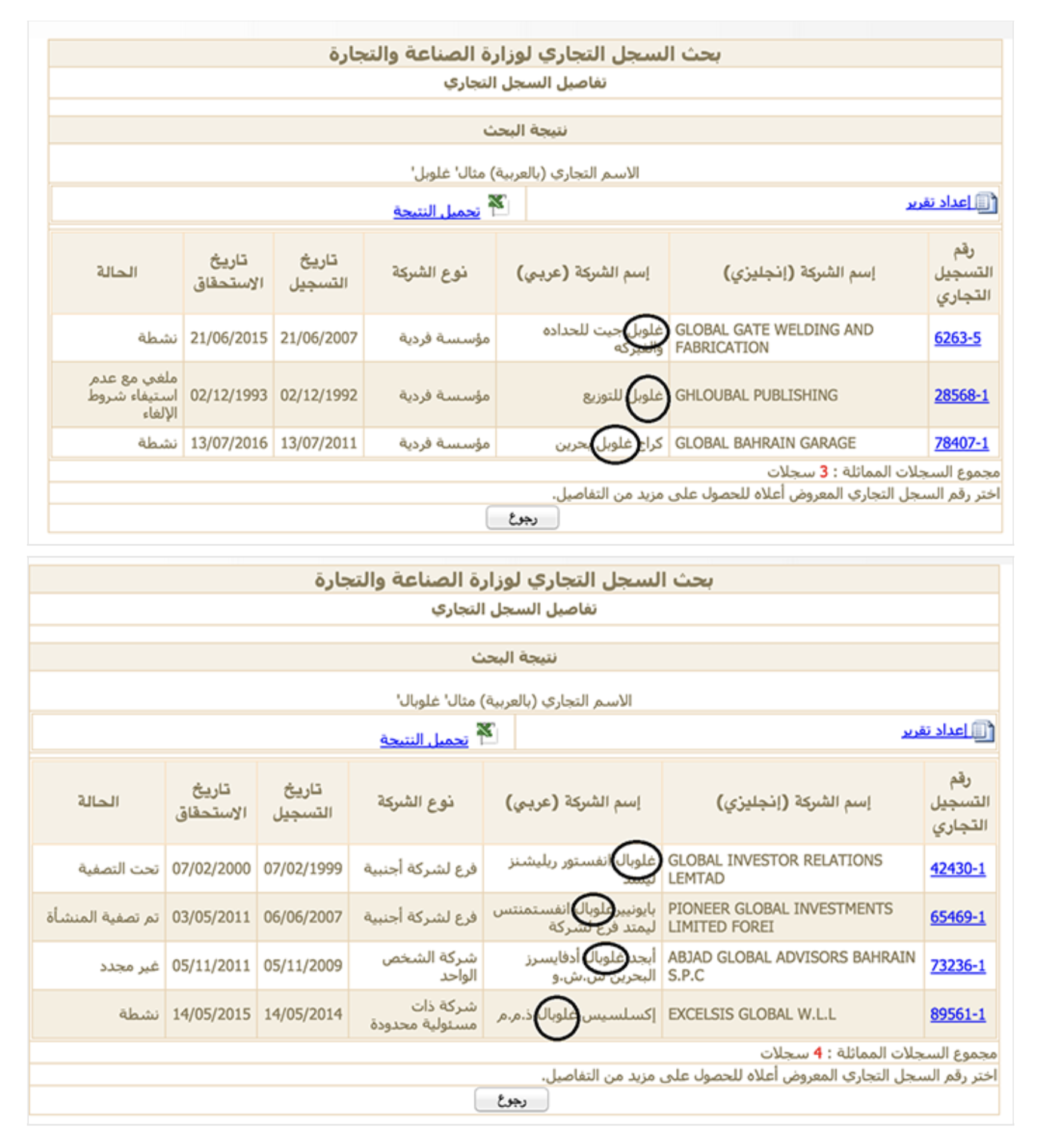Case Study 3. Navigating multiple languages (and spellings) to search for companies in the Middle East
Written by Hamoud Almahmoud
Searching for names of companies or people in the Middle East presents some special challenges. Let us start with a real example I have worked on recently:
I recently received a request from a European reporter who was investigating a company, Josons, which had won a bid to supply weapons in Eastern Europe.
This company was registered in Lebanon. The reporter had come up empty when searching for information in online Lebanese business registries.
I immediately started to think about how this company would be spelled in Arabic, and especially with the Lebanese accent. Of course, I knew beforehand that this company name must be mentioned in English inside the online company records in Lebanon. But the search engine of the Lebanese commercial registry shows results only in Arabic. This was why the reporter had come up empty.
For example, a search for “Josons” in the official Commercial Register gives us this result:

As you can see, the results are (0), however, we should not give up and quit. The first step is to guess how Josons is written in Arabic. There could be a number of potential spellings. To start, I put did a Google search with the word
“Lebanon” in Arabic next to the English company name: josons !لبنا. The first page of search results shows that the company’s Arabic name is جوسانز as in this official directory:

That was also confirmed by searching in an online Lebanese business directory.
Now we have the company name in Arabic. A search with the name جوسانز in the Commercial Register
shows that the company was registered twice — once onshore and another offshore.
Cultures of writing
That was one example of how to deal with language challenges when gathering information about companies in the MENA region. Doing this work often requires working with Arabic, French, English and Kurdish, in addition to many different Arabic accents.
The first step is to determine which language to search for the information you need, and then to figure out the spelling in Arabic. However, keep in mind that the pronunciation of a single word can differ widely among Arabic- speaking countries.
For example, in order to search for a holding company, it’s useful to know how to write the word “group” in the Arabic database of business registries. However, there are three different ways of writing this word based on how the English word “group” is transliterated into Arabic. (Arabic has no letter for the “p” sound.).
1. In the Jordanian business registry, for example, it is written as:


2. In Lebanon, its:


3. The third spelling is shown in the Tunisian registry of commence:


Also be aware that even within the same registry you should search using multiple spellings of the same word. For example, the word “global” might be written like 0غلوبا or like غلوبل. You can find both spellings in the Bahraini business registry:

These examples demonstrate how an understanding of cultures, languages and other factors can play a role in ensuring how effectively you can make use of public data and information during an investigation.
